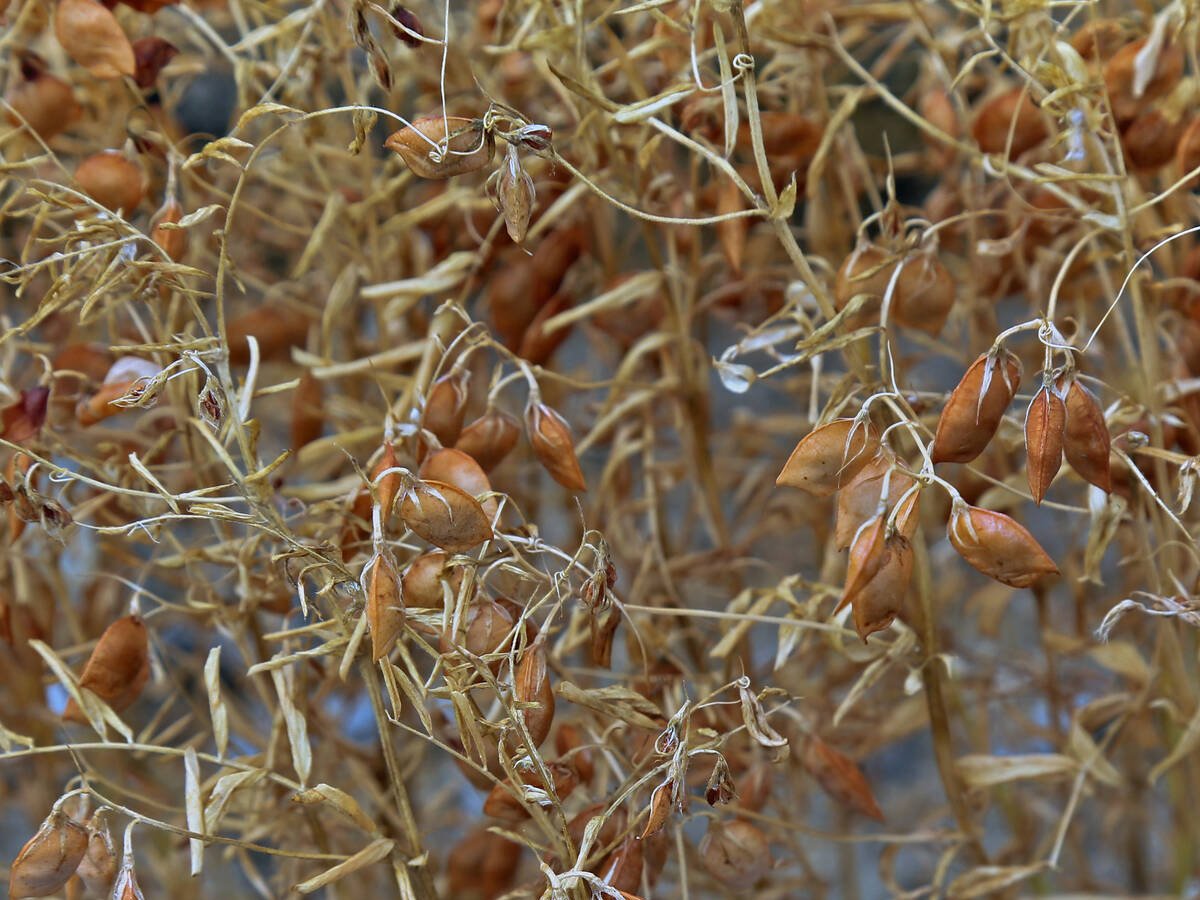Canada’s bankers expect agriculture to be an increasing part of their lending business as the next generation of farmers borrows billions of dollars to take over.
“What we do know is that there’s a significant intergeneration transfer that has to happen in agriculture and that has to be financed,” Bob Funk, vice-president for agricultural services at ScotiaBank, told the House of Commons agriculture committee April 21 as it launched cross-country hearings on young farmer issues.
The MPs began with the bankers in Ottawa.
Read Also

Traders forecast record lentil yields for Canada
lentil yields could be phenomenal and that is dragging down prices for both reds and greens.
Funk said the looming demand for funds in agriculture make it a unique sector.
“To that extent, I think it is somewhat of an anomaly in industry,” he told MPs. “So for the next 10 or 15 years, I think there will be a significant demand for agriculture credit of a long-term nature.”
David Rinneard, national manager for agriculture with BMO Bank of Montreal, said agriculture is already the bank’s largest core business.
“If I continue to do my job properly, it’ll stay that way,” he said. “The growth that I anticipate within agriculture will be commensurate to the requirements of the industry.”
Marion Wrobel, director of market and regulatory developments with the Canadian Bankers Association, said bankers are looking at an entirely new generation of customers with special needs from their lenders.
“We are seeing a resurgence of interest in agriculture by the younger generation of farmers,” he said.
“While bright and determined, these younger farmers need more support and advice than do experienced producers. At the same time, both the new and older generations of producers need to recognize the new reality of agriculture where they might be part of global supply chains and need to hedge international risks.”
He said a recent government program to guarantee loans to young farmers has significantly increased loans.
It was a day of conflicting messages.
The bankers were optimistic about the impending influx of new producers looking for financing, while signaling that like any other business client, young farmers are going to have to make a business case for their loan.
Because the chartered banks deal mainly in operating loans and short-term credit, they tie loans to repayment ability rather than escalation in asset values.
MPs on the committee often seemed more negative about young farmer prospects.
Southwestern Ontario Conservative Bev Shipley, whose motion launched the young farmer hearings, said he agreed an enthusiastic and educated new generation is in the wings.
“But there are young farmers coming along in a very difficult time, difficult sometimes because of markets, there’s no doubt,” he said.
“Difficult because we’ve got increasing land prices, increasing land rent, incredible prices.”
Alberta Conservative Brian Storseth said new entrants will find it a tough business and wondered why bankers are not doing more to help farmers cope with inadequate cash flow and profit.
“They’re some of the best businessmen I have in my constituency, running some of the least-profitable businesses.”
Saskatchewan Conservative Randy Hoback said young farmers must realize they are paying more for their land than they can ever earn from it.
“The value of the land is getting so high for young farmers to come in and buy it that there’s no way that they can actually make the payments on it growing the crop that they want to grow or putting the livestock they want to put on it.”
Liberal Wayne Easter said beginning farmers are expected to be world competitive, but government is not supportive enough compared to other countries.
“Our problem seems to be that in Canada we don’t have competitive policy.”
New Democrat Alex Atamanenko said Farm Credit Canada has a new program called Accelerator Loan that does not require a down payment by young farmers. He wondered if the banks have anything comparable.
“Actually, my advice to a young farmer wouldn’t be to go the route of no down payment because I think when you look at the cycles in agriculture and how prices go up and down, you need to have some equity so you can withstand some of the bumps and things that don’t always go as planned,” replied Gwen Paddock, national manager for agriculture and agribusiness with RBC Royal Bank of Canada.














